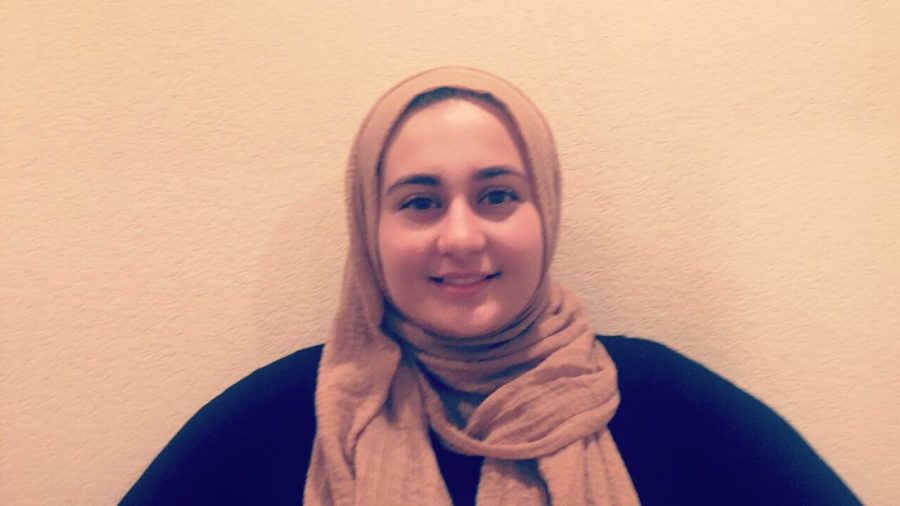Noor Dahbour is a Carlmont alumna who experienced the dehumanizing discrimination of American Muslims.
Muslims have the highest rates in being discriminated against among religious groups in America.
One could be practicing their religion peacefully, reading their holy book, or wearing a headscarf without bothering anyone around them, but once they walk out on the street, they are constantly given dirty looks and harsh words.
This is what Muslim Americans have been dealing with.
Misconceptions about this religion characterize Muslims in ways that are not always correct, which affects the way they live in America.
“I have been told to go home to my country, I’ve been stared at with hate, treated rudely by people working in retail, been told things about how my life must be terrible due to my religion,” said Dahbour.
Muslim women are more susceptible to discrimination because of their identifying headscarves. However, some are strong because their religion is a source of guidance that helps them overcome these hardships.
Dahbour said, “Islam is more than just a religion to me, it’s almost like a way of life. It sets bounds and rules that are meant to help and guide me in the right direction. It is a peaceful religion that teaches me how to be grateful, forgiving, and kind to people.”
Islamophobia is on the rise.
A Zogby Survey from May 2002 said, “Nearly 75 percent of Muslim Americans either know someone who has or have themselves experienced an act of anti-Muslim discrimination, harassment, verbal abuse, or physical attack.”
The media plays a crucial role on how Muslims are perceived to the world and is a cause for anti-Muslim discrimination.
“The media needs to always create a scapegoat by using a race or religion and in our time, it is Islam. They present us as a dangerous group of people with radical views that hate western values, while that is not true at all,” Dahbour said.
The media will automatically call a Muslim “terrorist” if any suspicion of being a criminal occurs. Any other proven criminals such as the Oregon Militia, Chapel Hill shooter, or the H-E-B employee Texas shooter was not called a terrorist, but instead was classified as having a “mental health disorder.”
Omar Alnatour, who wrote the article on The Huffington Post “Muslims Are Not Terrorists,” said, “I am tired of hearing the word ‘terrorist’ not being used when the suspect in a terrorist attack is non-Muslim. I am tired of the ‘mentally disabled’ excuse being recycled when the suspect in a terrorist attack carried out by non-Muslims not get the same coverage of even a single terrorist attack where the suspect happens to be Muslim.”
Muslims have also been pressured by the media to convey the truth about themselves and the teaching of Islam.
Sunya Abbasi, a freshman, said, “The media gives a false representation of the way Muslims are in real life and people have the wrong mindset of what Islam stands for.”
The word terrorist has become comfortably associated with Muslims, making Muslim Americans uncomfortable with their religion in a country that promotes religious freedom.
According to a Pew Research survey on knowledge of Islam, 55 percent of Americans know little or nothing about Muslims and Islam, yet discrimination against Muslims is highest among religious groups.
These attitudes towards Muslims are a cause of concern to all Muslims and raises the question of identifying as a Muslim in order to succeed in America, the land of opportunity.
Abbasi said, “I have faith in my religion and it doesn’t really bother me what other people think.”
With all the discrimination towards the Muslim community, the Muslim youth feel strongly about what they believe in.
Freshman Iman Sarsour said, “Islam is my faith, it’s what I believe in, it gives me strength and courage and makes me confident believing that there is a higher power that is always there to guide me and inspire me.”











